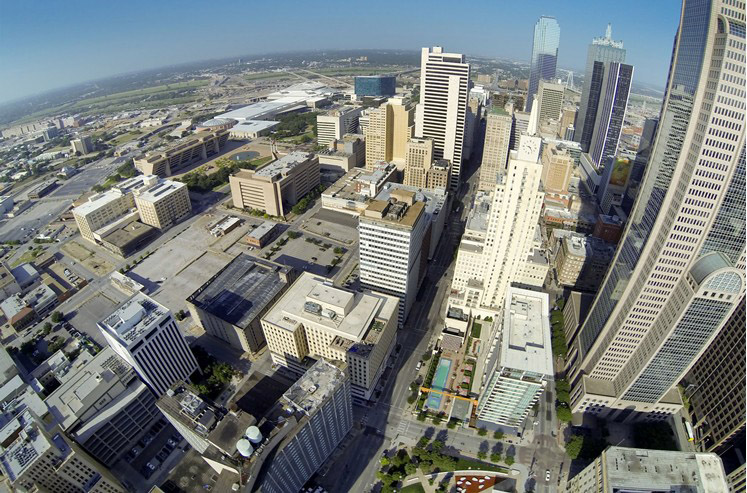While scrolling through my Facebook timeline the other day, I was startled by a post from something called “Dallas Economic Development” which trumpeted the “fact” that “Dallas is a top 10 city for affluent residents.” This leapt out at me, because I suspected it to be untrue, so I decided to dig further.
Checking the Facebook page for “Downtown Economic Development,” I discovered that it is sponsored by the City of Dallas Office of Economic Development, which “supports existing and prospective businesses and the development and redevelopment of downtown and neighborhoods in southern Dallas.” Hmm … seemed legit, so far. To the extent I had any remaining doubts about the veracity of this “fact,” the Downtown Economic Development post referenced a Dallas Morning News blog post by Pamela Yip headlined “Dallas vaults into top 10 population centers for affluent.”
Hmm … I know Ms. Yip to be pretty careful when it comes to her writing, so I decided to press on. Her post made the claim that “Dallas and Houston were big beneficiaries of the trends, leading in the growth of high net worth individuals and wealth. The cities recorded the most aggressive rates of wealth growth among the affluent, both in 2013 and in the last five years, the report said. The cities also were the largest gainers in the growth of affluent residents.” Now I was definitely intrigued, as this simply did not square with the city of Dallas that I know.
My clue that something was amiss came in the following paragraph: “the Dallas area vaulted into the top 10 population centers for affluent individuals for the first time, edging out Detroit.” Wait … what? I thought we were talking about cities, but now without explanation, we’ve shifted to talking about areas, evidently.
Fortunately, the DMN story contained a hotlink to the source document, the 2014 U.S. Wealth Report by Capgemini and RBC Wealth Management. As soon as I opened it, I spotted the problem: the analysis referenced something called metropolitan statistical areas (MSAs); there was nothing at all in the report discussing economic indicators relating to cities. The “Dallas” MSA is actually known as the Dallas-Fort Worth-Arlington MSA and encompasses 13 counties in North Texas. The city of Dallas is but a small part of the overall MSA.
So, you might ask, what’s the big deal, Wylie? As the region goes, so goes Dallas, right? Actually, that’s wrong, VERY wrong.
Dallas is the keeper of a dirty little secret.
North Texas is enjoying one of the biggest economic booms in the U.S., but the benefits have largely bypassed the city of Dallas. Bizarrely, by many metrics, the city of Dallas is going backwards at an alarming rate, despite the fact it is located directly adjacent to one of the fastest growing areas in the U.S. — at least that’s what resident smart guy Patrick Kennedy tells us. (The figures cited actually apply to Dallas County, but the commonalities in population terms between the city and county are close enough to draw meaningful conclusions, unlike the MSA statistics.)
By carefully analyzing U.S. Census data, Kennedy reaches the conclusion that “Dallas County is the 2nd worst-performing urbanized county in the U.S.” More specifically, “Dallas County ranks 2nd to last in job growth (from 2001-2011), having lost a total of 266,195 jobs, which works out to 17.68% of (the 2001 employment base).” Additionally, Dallas County “ranked 6th to last of all urbanized counties in wage growth.”
When the Dallas Morning News and the City of Dallas lay claim to cheery economic data that actually apply to North Texas but NOT the city of Dallas, it’s much like giving a cancer patient a clean bill of health. For the city’s leaders to be able to manage effectively, they need to focus on the right data. Focusing on regional economic indicators, rather than municipal indicators, leads to seriously erroneous conclusions about the effectiveness of the city’s economic development strategy. When the Dallas Morning News and the City of Dallas mistakenly attribute strong regional data to the city of Dallas, they contribute to a sense of complacency, when what is really needed is urgent corrective action.
Kennedy appears to believe that the North Central Texas Council of Government’s emphasis on regionalism has proven to be an unmitigated economic disaster for the city of Dallas. I agree.





